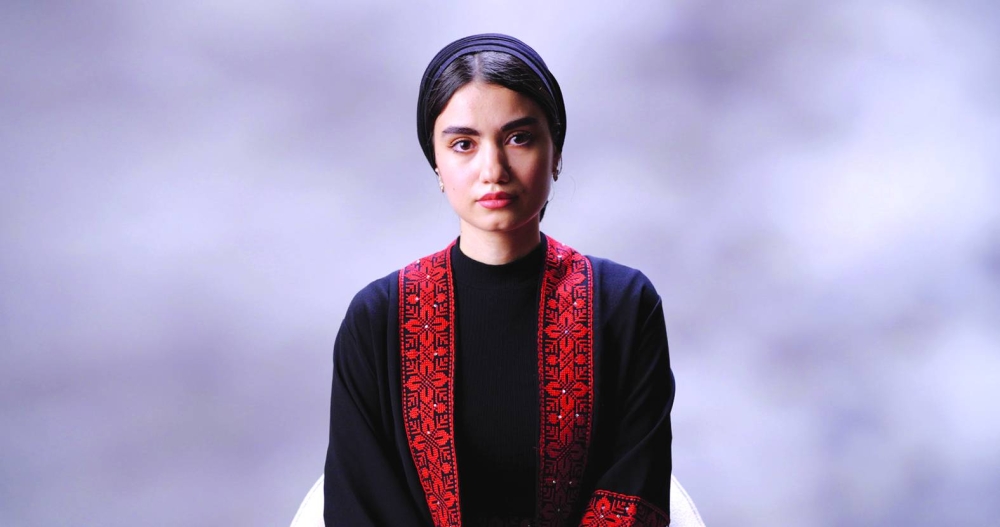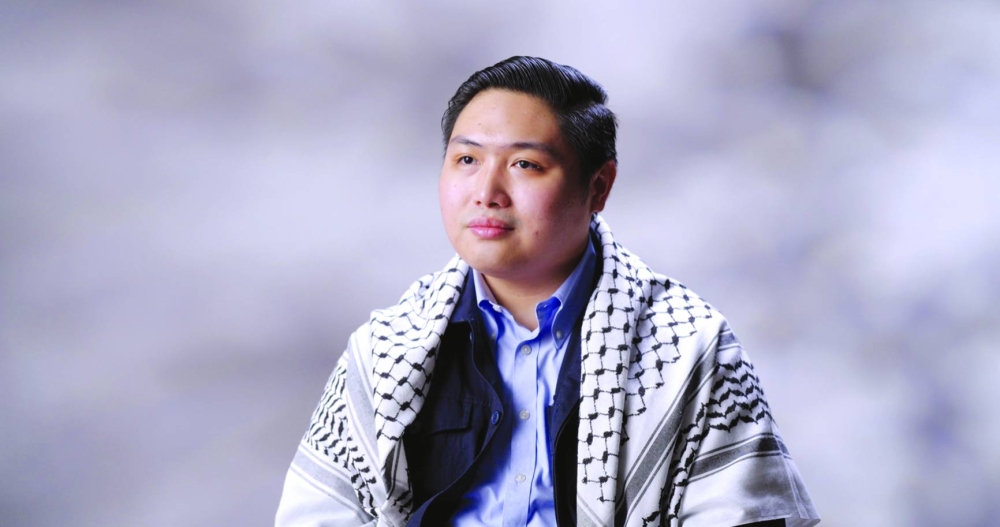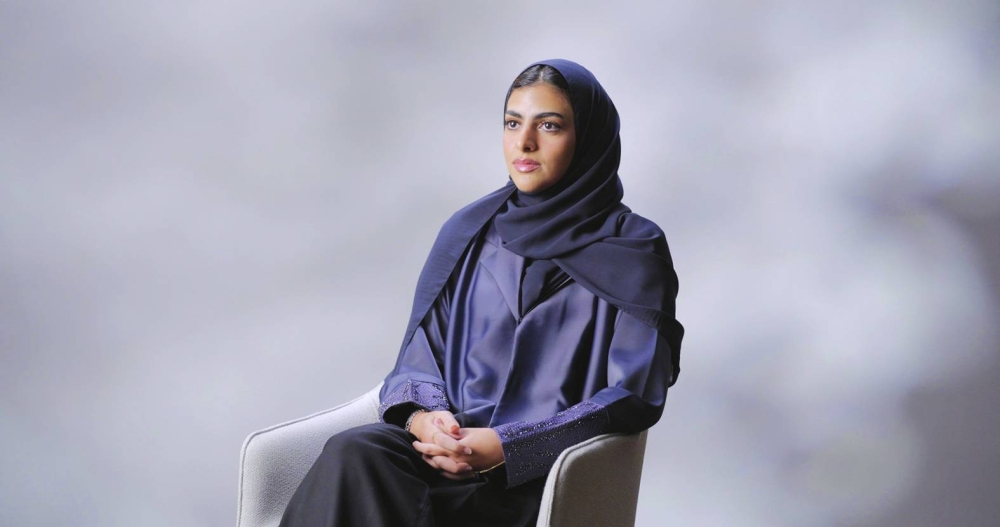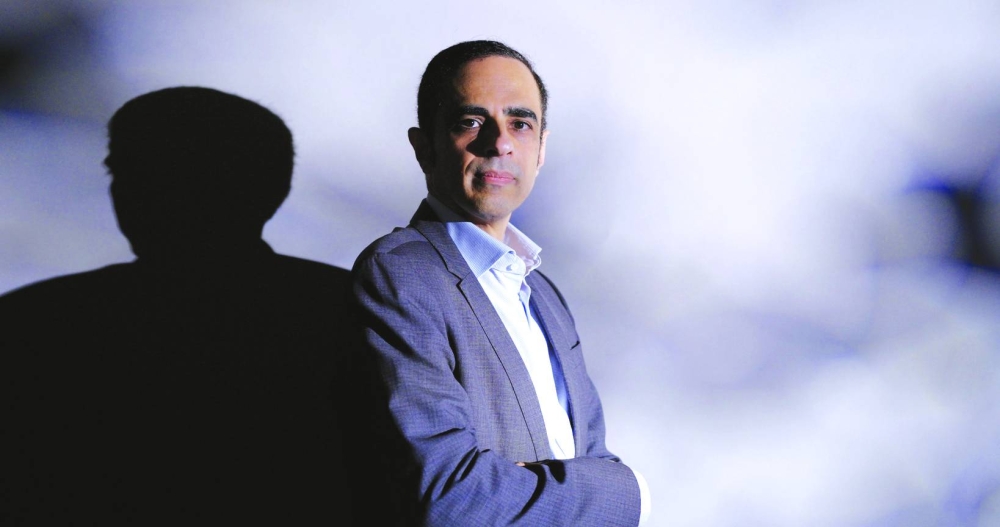Ghazal Othman, a Qatar Foundation (QF) alumna who, at the age of 13, lost her mother in Gaza, and left Gaza in 2021, says that last year has gone on forever. “We thought there was no way the world would let Gaza enter 2024 still suffering. We kept hoping the aggression against Gaza and the Palestinians would end by Ramadan, then by Eid. Yet we are here, about to welcome 2025, and the genocide still goes on. That is hard to accept,” she said.
Othman noted that as an expatriate during the aggression, every second stretched into what felt like an eternity. “Each step I took was laced with guilt. Drinking a glass of water reminded me of the thirsty souls back home; bathing like a luxury they could no longer afford; and every bite of food stuck in my throat, weighed down by sorrow and shame. I recall the early days of the aggression when I could not bring myself to step outside. When I did, it was a difficult moment,” she expressed her anguish.
Othman said that the occupation did not just take her mother from her once, but twice. “The first was when she died because she was not allowed to travel for treatment abroad. The second time is during the recent genocide, where I find myself wondering if she feels even more alone now that we all had to leave Gaza, leaving her behind. I fear I may never again be able to visit her grave – I do not even know if her grave still exists,” she explained.
“I have a sister in the West Bank, and it has been impossible for us to see each other since 2015. I have a sister in the US, a sister in Luxembourg, I am in Doha, and my family is in Egypt. We are dispersed, and that is the reality that life has imposed upon us,” lamented, Othman.
Muna al-Musalmani, a volunteer and QF alumna feels that while the events that followed October 7 were painful, Palestinians have been facing this for many years. “The first things that always come to my mind are “Why does this happen? When did we stop caring? Did we fail to protect them?”. And these are not just questions I ask of myself, but of society,” she said.
“My hope, every day, is that Palestine will be liberated – it is just a matter of when. We know that it will be, God willing. One day, I hope I will go to sleep and wake up the next day and the news that Palestine has been liberated will reach us. I know we sometimes feel it is difficult to help the Palestinian people, or that the war will not stop whatever we do, but it is wrong to think this way,” said al-Musalmani
An activist, John Carlos Burog, culture and politics student at QF noted that the first time he heard about Palestine was from a Filipino-Palestinian classmate, and he dug deeper, and learned of the travails and suffering of Palestinians. “I attended protests and talks to educate myself about the Palestinian cause, and felt both embarrassed and humbled by what I had not previously known. When I was studying in Washington D.C. in January, I attended a march for Gaza, and it was amazing because I saw such a host of people advocating for Palestinians – Hispanics, Filipinos, orthodox Jews, African Americans,” he explained.
Prof Josef Meri, Palestinian-American senior fellow at Georgetown University and a visiting professor at Georgetown University in Qatar stated that in the weeks after October 7, he felt an extreme sense of dread and despair about the inability of governments to stop genocide and the loss of innocent lives.
“We should consider establishing programmes at high schools and at universities, and at elementary school level, where greater awareness of Palestinian culture and society, as well as interfaith relations, is promoted. There aren’t enough courses on Palestine that go beyond conflict and deal with the history, culture, and society of Palestine. Studies of Palestine are currently largely defined by political contours, but there is so much more to understanding Palestine,” he suggested.
“What I ultimately see is a Palestinian state established from the ground up by like-minded people who are not afraid to set aside preconceived notions and actively engage with each other across lines of difference. That is essential for forging a future,” added the academic.

Ghazal Othman

John Carlos Burog

Muna al-Musalmani

Prof Josef Meri
